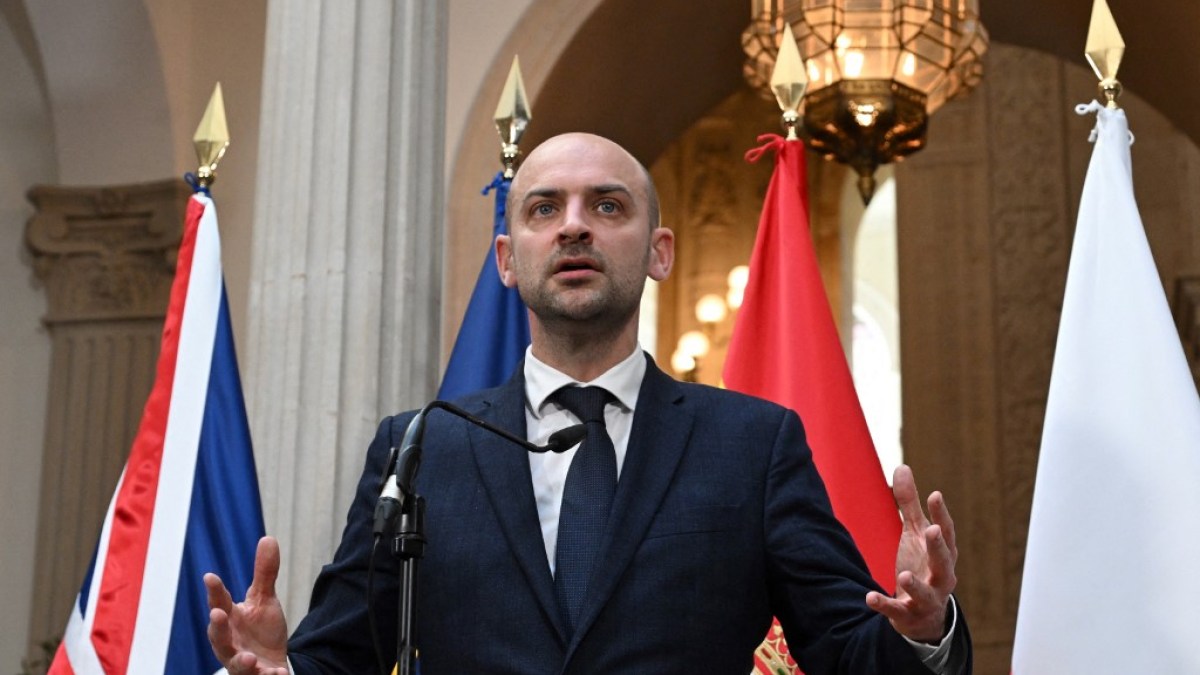Nuclear Deal Collapse: France Predicts Military Conflict
France's stark warning signals a potential escalation in the already volatile Middle East, raising concerns of a wider regional conflict. The collapse of the Iran nuclear deal has sent shockwaves through the international community, with France issuing a chilling prediction: a potential military conflict. This unprecedented escalation of tensions underscores the gravity of the situation and the urgent need for diplomatic solutions.
The breakdown of the Joint Comprehensive Plan of Action (JCPOA), also known as the Iran nuclear deal, marks a significant setback in efforts to prevent Iran from developing nuclear weapons. Negotiations have stalled, leaving the future of the agreement uncertain and increasing the likelihood of military intervention, according to French officials.
France's Concerns and the Potential for Military Action
France, a key player in the international efforts to curb Iran's nuclear ambitions, has expressed deep concern over the potential consequences of the deal's collapse. Foreign Minister Catherine Colonna stated that the failure to revive the agreement significantly increases the risk of military conflict in the region. This statement reflects a growing sentiment among many Western powers who believe that a military solution is becoming increasingly likely without a renewed agreement.
Several factors contribute to France's prediction:
- Iran's Accelerated Nuclear Program: Reports suggest Iran has significantly advanced its uranium enrichment capabilities since the initial agreement faltered. This rapid progress raises concerns about Iran's ability to quickly produce a nuclear weapon.
- Regional Instability: The Middle East is already a region rife with conflict and tension. A military intervention related to Iran's nuclear program could easily trigger a wider regional conflict, involving multiple actors and escalating the humanitarian crisis.
- Lack of Diplomatic Solutions: The failure to reach a compromise or revive the JCPOA indicates a lack of effective diplomatic channels to address the issue. This lack of diplomatic solutions increases the probability that military force will be seen as the only remaining option.
The International Community's Response
The international community is grappling with the implications of France's warning. While some nations remain committed to diplomatic solutions, the possibility of military conflict has prompted a renewed focus on contingency planning and regional security. The United Nations Security Council is expected to address the issue, although the likelihood of a unified response remains uncertain given the deep divisions among member states.
The United States, while having withdrawn from the original JCPOA under the Trump administration, is also expressing growing concern. Discussions are ongoing, though the path forward remains unclear and a renewed commitment to diplomacy is essential.
What Happens Next?
The coming weeks and months will be critical in determining the future trajectory of the situation. The international community must prioritize diplomatic efforts to prevent a potential military conflict. This requires renewed engagement with Iran, alongside a commitment from all stakeholders to de-escalate tensions and find a peaceful solution. Failure to do so could have catastrophic consequences for the entire region.
Further Reading: [Link to relevant news article from a reputable source, e.g., Reuters or Associated Press]
Call to Action: Stay informed about the evolving situation by following reputable news sources and advocating for diplomatic solutions to prevent a potential military conflict in the Middle East. Engage in constructive conversations with your community and elected officials to promote peace and stability in the region.

